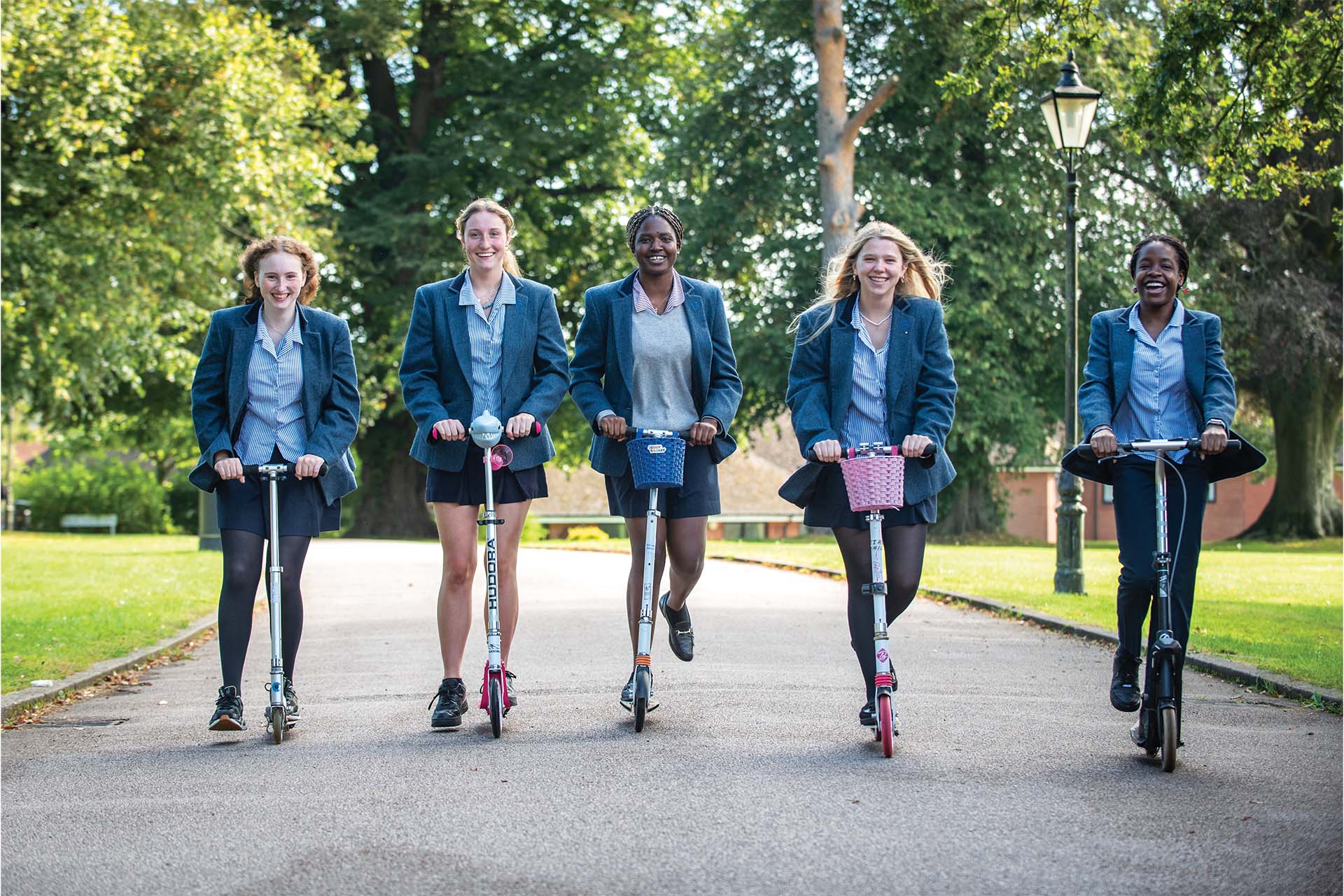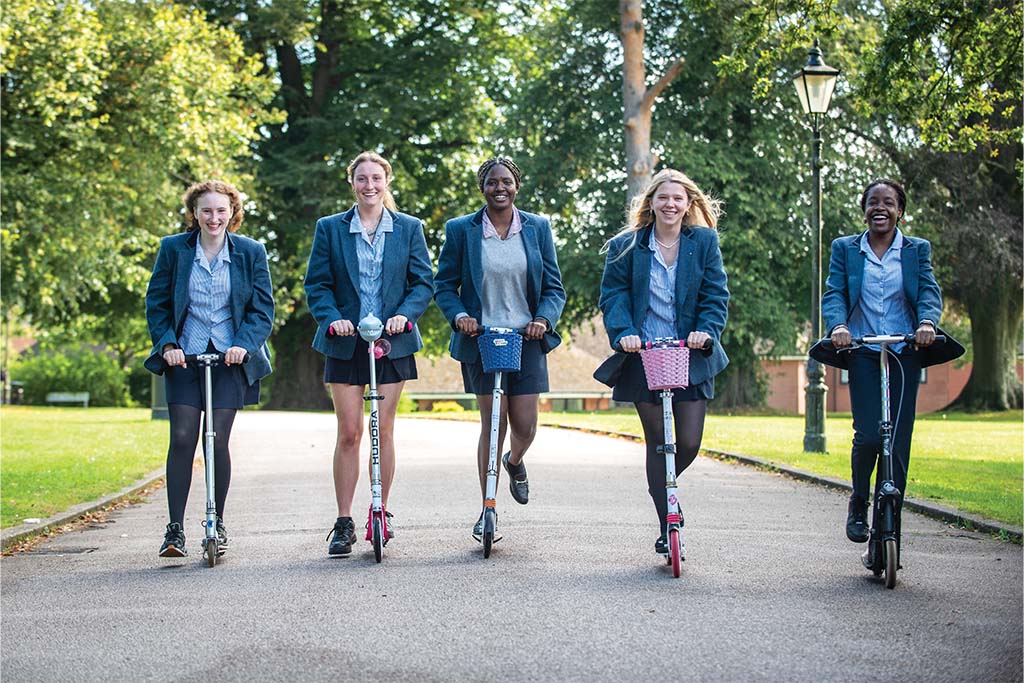Homework… for parents
By
4 years ago

Considering a scholarship? From past papers to pressure, Samantha Price, headmistress of Benenden School shares her advice

If you are reading this, the chances are your child has a particular strength you feel could be developed further with the award of a scholarship. If that is the case, I urge you to apply. There is nothing to lose and taking part in the process will be a valuable experience for your son or daughter. At Benenden, we offer more than 30 scholarships every year across a range of subject areas – academic, drama, music, art and design, design and technology, sports and an all-round award – so we have accumulated substantial wisdom on the process. These are some thoughts to consider:
- Prep Schools Will Help. Firstly, most will have a scholarship preparation stream or extra provision to help scholarship candidates to develop their skills in their chosen area, so definitely make use of this and speak to the expert at your child’s school.
- Expect Differences. Senior schools will invariably handle the process in different ways so you should expect to encounter different approaches, timing and demands in their assessments. Do check the details with each school’s Admissions department in advance.
- Fee Reductions. Increasingly, schools are making scholarships honorary: in other words, not offering fee reductions as part of a scholarship award. Parents must not feel this in any way dilutes the honour of being a scholar because this enables schools to divert funds to means-tested bursaries. Therefore, it is important to check what is included as part of a scholarship award, such as music tuition or sports coaching.
- Past Papers. Senior schools want every candidate to do their best and will help them prepare as much as they can. Most schools will be happy to share examples of past academic scholarship paper, either on request or, increasingly, published on their website.
- All-Rounders. Some schools offer an all-round award, based on a combination of other scholarship papers, which can provide additional opportunities.
- It’s Not Just About the Performance. It is worth bearing in mind that co-curricular scholarships may not only be seeking the highest level of attainment in sport, music or drama, but also assessing candidates on leadership, teamwork, experience, coachability etc.
- Interview Preparation. Most scholarship assessments include an interview, so preparation is important. Senior schools are looking for academic curiosity, leadership, awareness and the ability to act in an ambassadorial role for the subject or discipline.
- Scholarship Programmes. Do ask schools what their scholarship mentoring or support programme consists of. Look for enrichment opportunities over and above the normal academic and co-curricular programme.
- Check Responsibilities. Often, scholarship positions come with responsibilities like helping younger pupils or giving tours to prospective parents.
- There’s No Pressure. Scholarship applications are highly competitive and should be viewed as ‘over and above’ gaining a place at a senior school. Not winning an award should not be seen as failure. Many schools consider pupils for awards throughout their school career, so the award on entry should not be the final opportunity for recognition of talent.

Samantha Price is headmistress of Benenden School in Kent, and President of the Girls’ Schools Association
READ MORE FROM SCHOLARSHIPS AND BURSARIES 2021
Old Schools, New Foundations | Community Spirit



